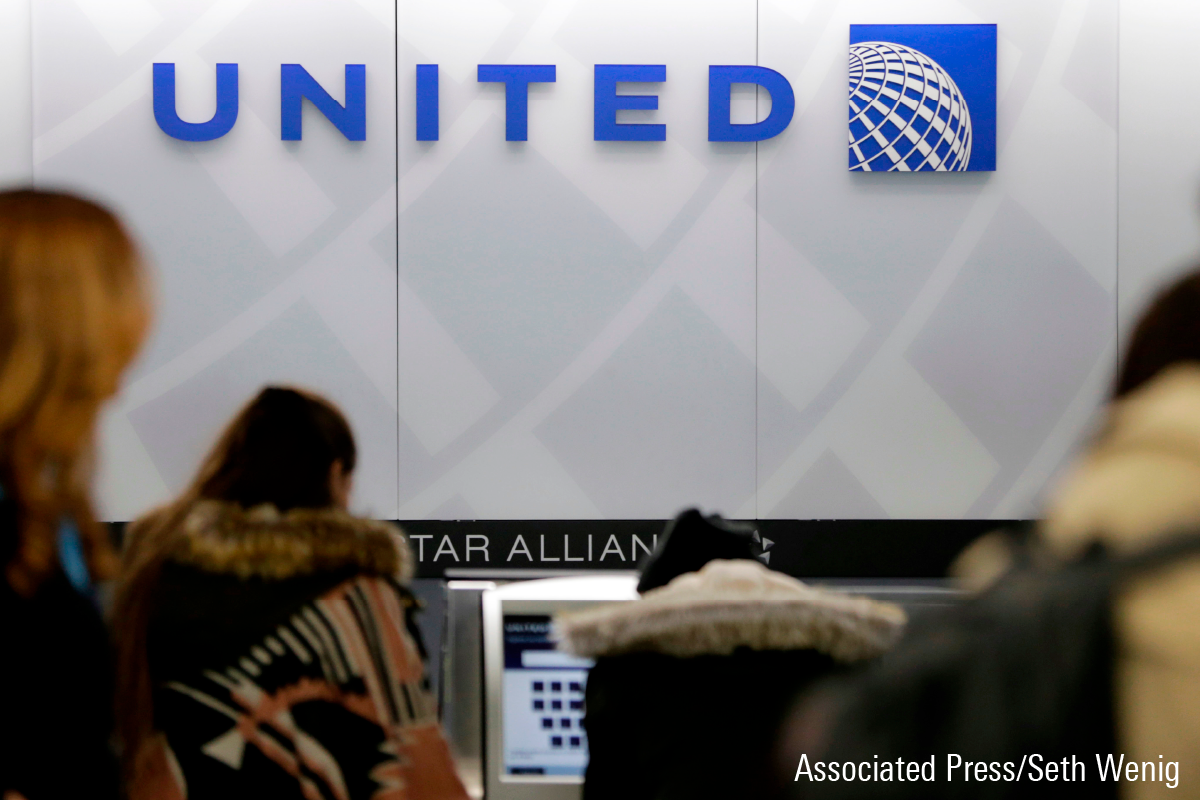United Airlines Earnings: Still Benefiting From Industry Capacity Constraints
We’ve raised our fair value estimate of United’s stock.

Key Morningstar Metrics for United Airlines Holdings
- Fair Value Estimate: $38.00
- Morningstar Rating: 2 stars
- Morningstar Economic Moat Rating: None
- Morningstar Uncertainty Rating: High
What We Thought of United Airlines Holdings’ Earnings
United Airlines Holdings UAL reported final 2023 results closely in line with our previous expectations. Management’s discussion focused on a few industry trends that we believe the firm is positioned to benefit from. We’ve extended the time frame in which United will likely be able to maintain high-single-digit operating margins, and we have raised our fair value estimate of its stock to $38 from $35 per share.
In the drawn-out aftermath of the COVID-19 pandemic’s industrial disruption, two capacity constraints are keeping airlines’ unit revenue and profitability elevated. First, insufficient staffing of Federal Aviation Administration air traffic controllers has led the agency to cap the number of daily flights it allows into the busiest hubs, like New York and San Francisco, which allows United and its competitors to maximize yields in those markets rather than add more capacity.
Second, for the time being, airlines can’t readily add capacity because they can’t get new aircraft. Boeing BA in particular has suffered prolonged delays in delivering its 737 MAX planes. The temporary grounding of the 737 MAX 9 after a door panel fell off an Alaskan Airlines plane has hit United because it operates the largest fleet of that model, and this event will impact profitability for this quarter. The airline also has hundreds of 737 MAX 10 jets on order through 2030, and that model has not been certified by the FAA—yet the airline said delayed delivery of these jets will crimp its growth trajectory.
CEO Scott Kirby also highlighted “cost convergence” as the gap between unit costs of full-service and low-cost airlines has narrowed in the last two years. As United eventually takes delivery of its new, longer, and fuel-efficient planes, we see it offering not just more premium seats but also many more regular seats, which may lure passengers from low-cost airlines. Therefore, we forecast the company’s earnings to reflect some market share gains, but at yields and margins closer to historical averages.
United Airlines Holdings Stock Price
The author or authors do not own shares in any securities mentioned in this article. Find out about Morningstar’s editorial policies.

/s3.amazonaws.com/arc-authors/morningstar/4c0ebe77-db24-4647-aac9-f4c13027ec2f.jpg)
/d10o6nnig0wrdw.cloudfront.net/04-29-2024/t_d0e8253d77de4af9ae68caf7e502e1bf_name_file_960x540_1600_v4_.jpg)
/cloudfront-us-east-1.images.arcpublishing.com/morningstar/YTLLJ3VT4NFZTCTDNZPCUR27D4.jpg)
/cloudfront-us-east-1.images.arcpublishing.com/morningstar/347BSP2KJNBCLKVD7DGXSFLDLU.jpg)
:quality(80)/s3.amazonaws.com/arc-authors/morningstar/4c0ebe77-db24-4647-aac9-f4c13027ec2f.jpg)